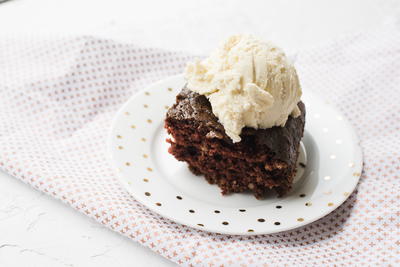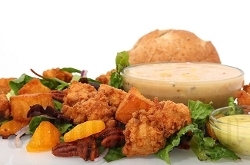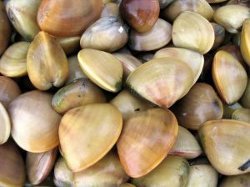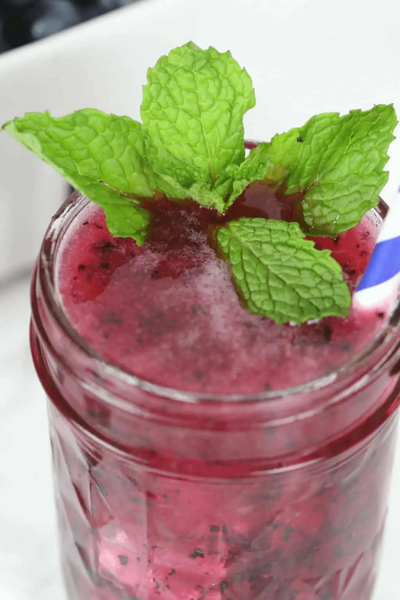Pasteis de Nata (portuguese Custard Tarts)
Ingredients
- 500 grams flour
- 300 grams water
- 10 grams salt
- 400 grams margarine appropriate for pastries
Instructions
Work the flour with water and salt, make a ball, cut it in the shape of a cross until its middle, pull the 4 sides outwards (forming a 4 point star), place the margarine in the centre and grab the points upwards (mix the margarine); with a pastry roller extend the mixture till up to 40x15 cm, fold 1W3 (simple fold) wait 10 minutes and fold again, fold 1x4 (book fold) wait 10 minutes. Extend the mixture until it gets a thickness of + or - 4 mm, sprinkle with water in all its extension. Roll it like a tort and with a diameter of + or - 4 cm, cut it in round slices 1 cm thick and place them in the containers, wait 10 minutes. Wet your thumb with water, press the centre of the round slice and push the mixture to the top of the container. The containers we mean are those of the same size as custard tarts we buy in pastry shops. Custard cream (difficult): 1/2 liter skim milk 70 g flour (no raising powder) 5 g cornflour (Maizena - cornstarch) 1/2 liter sugar syrup 5 egg yolks 1 egg Vanilla (a bit) To prepare the sugar syrup: 1 kg sugar, 1/2 liter boiling water. Dissolve the flour and the corn flour in part of the milk, approx. 1 dl, boil the remaining of the milk, pour it over the four and mix energetically so that it does not crumble. Add the sugar syrup bit by bit, always stirring. Add the yolks and the egg. Cook at approx. 350F for about 8 minutes, not more. Custard cream (easier): 1/2 liter skim milk 275 g sugar 35 g flour (no raising powder) salt (a bit) margarine (a bit) 5 yolks 1 egg Heat the milk together with the bit of margarine. In a dry container mix the flour with the sugar and the salt. When the milk starts boiling add the mixture, stirring energetically, take it out of the heat and let it cool a bit, add the yolks and the egg; mix a bit of vanilla or lemon. Cook in oven at 290F-300F for 8 minutes. Not more or the filling will come out of the pastries.
Read NextA Portuguese Dip Molho de Vilao







